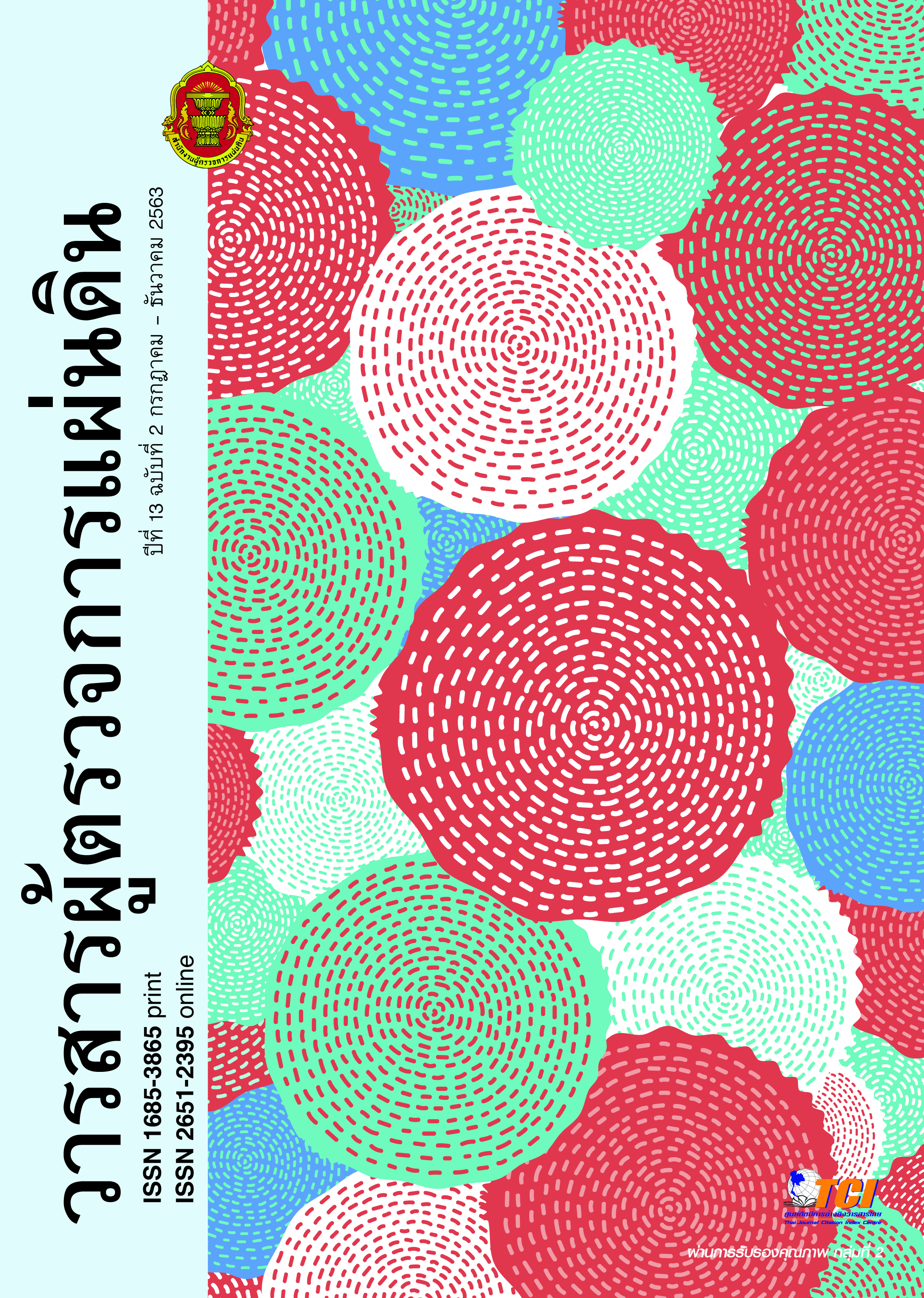Acquired the Buddhist monk property by psychological influences
Keywords:
Buddhist monk, psychological influences, acquiring propertyAbstract
Abstract
According to the Thai legal system, if a person uses psychological influence to get a property, there are no provisions that can be used as a basis for determining the protection of those subjects are under the psychological influence. If such psychological influences are used by the Buddhist monk, which majority of Thais are Buddhists will not able to be protected and affect the faith in Buddhism in the wide area. The aim of this article is to study the principles of law that can be applied to the case of the Buddhist monk and their usage of psychological influence to get the property. British Common Law system concerning the use of psychological influence of the Undue influence principle is suitable to be compared to the fact of acquired the Buddhist monk property by psychological influences. This principle should be written as a law in The Thailand Civil and Commercial Code.
In case of person who intended dressing or using the symbol to present himself as a Buddhist monk to gain properties from others. It is another example of psychological influence to acquire property. Such acting is also prohibited because it is a criminal acting. However, it has been appeared that there still have people who either dress or use the mark to deceive others. Thus, the current criminal law in force should be revised to be a more effective one. Including amendments of the Thailand Civil and Commercial Code, Section 1623 so that monks do not have ownership of the property acquired during the time of the clergy. This will reduce the motivation of using a psychological influence in order to acquire one’s property.
Downloads
Published
How to Cite
Issue
Section
License
- Content published in the journal is personal opinions of authors which the office of Ombudsman and the editorial team are not bound to be accordance with.
- Articles, content, images, etc. published in the Journal of Ombudsman are copyright of the Journal. If any person or entity wants to bring all or part of it to publish or to do any action. Must obtain written permission from the journal's first.



